The project called "Musselresearchers" was implemented in Primary School of Makrygialos, Pieria, Greece, an area dependent on mussel farming. On Summer 2021 the area of Thermaikos gulf in northern Greece and so Makrygialos suffered from a mussel farm disaster due to the increase in sea temperature and the impact this had on the local community was significant. People lost their jobs and students of our school had to move out. But why sea temperature increased? What is climate change and what are the possible causes? Are mussel farms operated in a sustainable way, so that they do not pollute and burden the environment? It was about time to take action and make more extended research with our students, our future citizens. So a teaching intervention of 9 meetings with a scientific partner oceanograher and 4 educational visits was implemented, through which the students came into contact with the marine ecosystems, climate change, the stages of mussel farming and marine pollution. The approach was based on interdisciplinary approaches, involving the teaching subjects of Environment, Arts, Mathematics and Drama, fields included in the STEAM methodology. Students learned about the scientific way of drawing conclusions and conducted their own research with questionnaires distributed by themselves to the local community, took action by cleaning a local coast and finally created a podcast and a digital comic that they distributed to public.
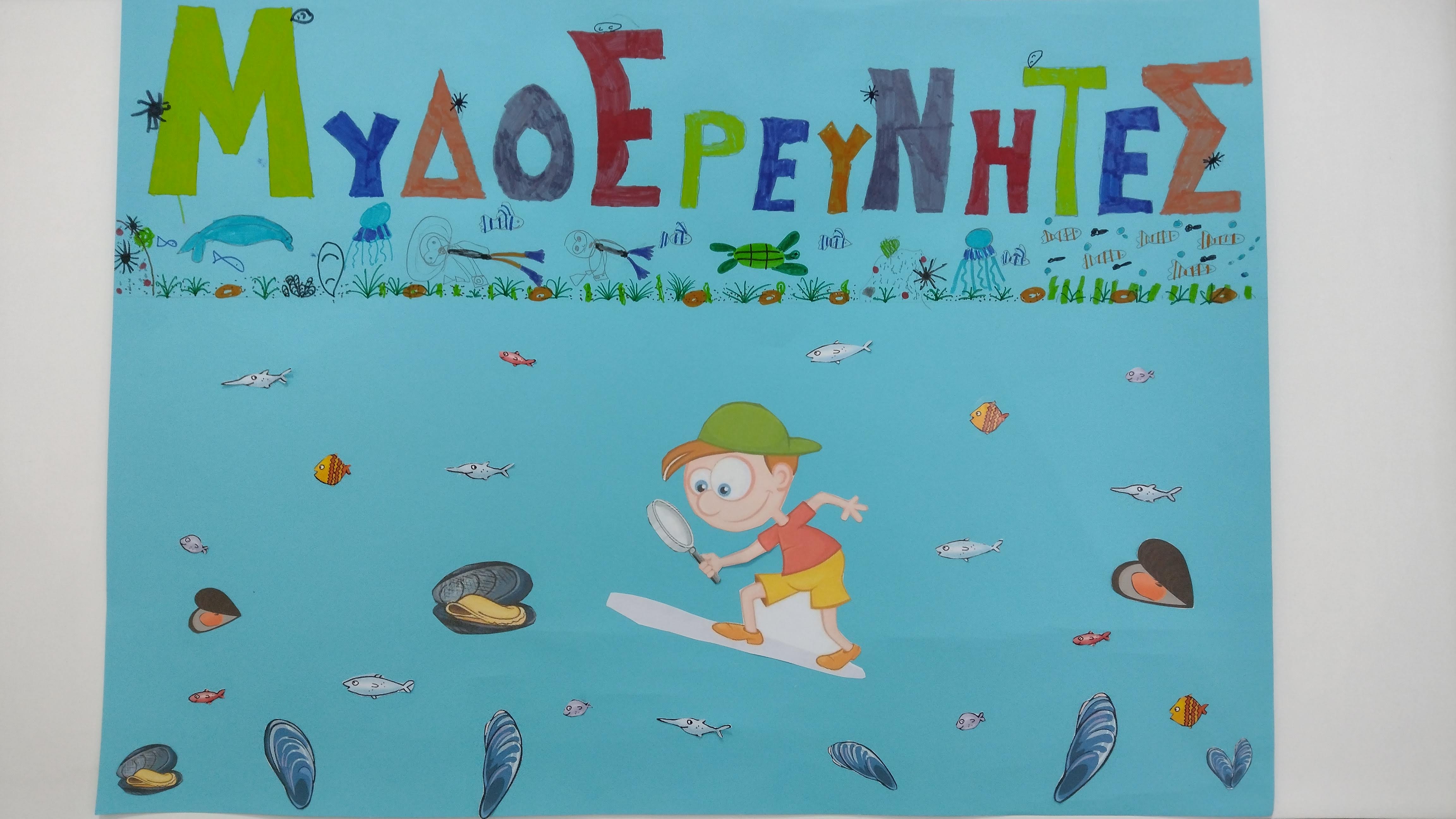
The reason for the project was the forced relocation of a student whose parents lost their jobs due to the reduction of mussels. Students, even though they lived in an area with mussel farms, did not know the conditions required for mussels to grow, but also the pollution they can cause in the marine and coastal ecosystem when there is no proper management. In the coastal cleanup they carried out following the project, they were able to identify debris and pollution from mussel farms (plastic nets, plastic cords and barrels). In addition, writing the dialogues of the podcast, the play and the comic showed that they realized the impact of man on the climate and how changing some habits can help in a sustainable way of life. Finally, with the completion of the project, the local Municipality increased the recycling bins at the local port, so that the mussel farmers can take out the plastic waste and recycle it.
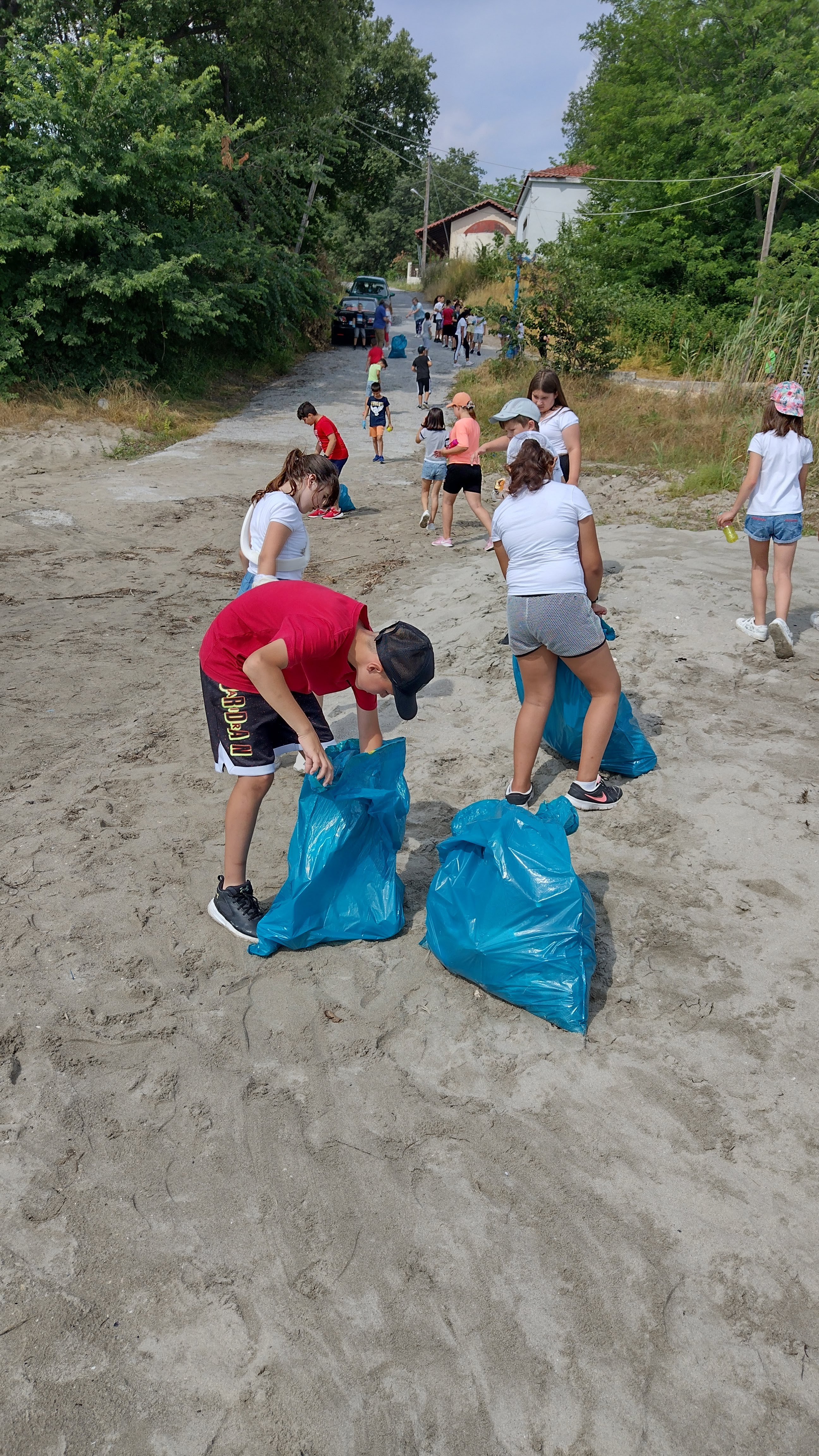
The science associate was responsible for the scientific information he conveyed to the students about marine ecosystems, marine pollution and mussels. In the mussel processing plant, the students saw the entire process of managing mussels from the moment the mussel farmers bring them there, until the moment they are packed and distributed to stores. The mussel farmers took the students into a special mussel farming boat of those they use and showed them how they work and the use of each tool. This took place in the local port. Finally, part of the residents of the local area participated in the project, as they filled in the children's questionnaires which were then used to draw conclusions.
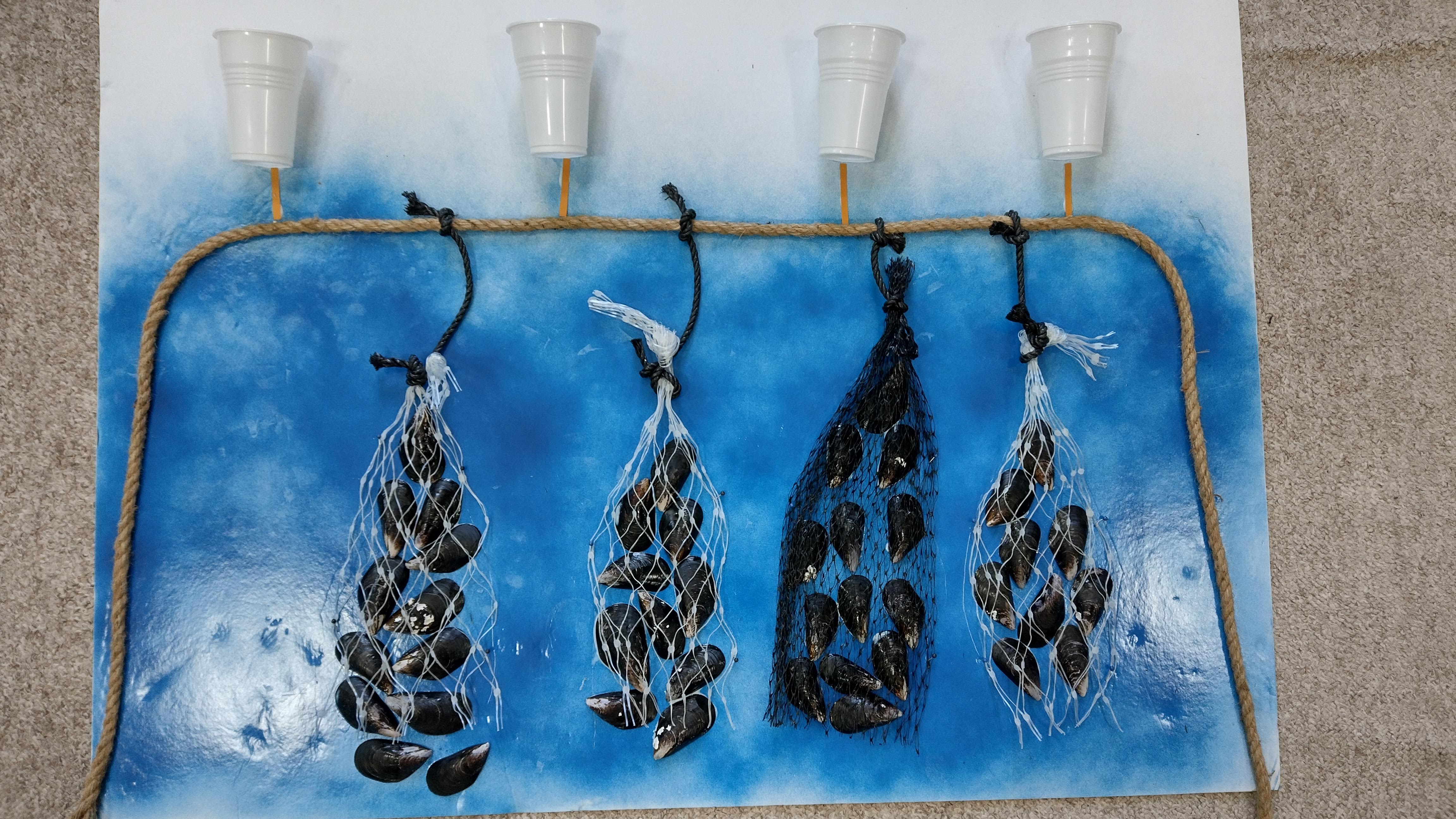
This project aims to raise awareness to the mussel farmers of the area about the harmful habits that pollute the marine ecosystem and thus the mussels that are their source of income. Then, the goal is for the future generations of mussel growers (some of them will be from the school) to change their behavior and adopt sustainable ways of managing mussel farms and to realize that human behaviors directly affect the climate and the environment and consequently everyone's lives.
The project was based on collaborative learning methods, while there was interdisciplinary approach as various teaching objects were used. First of all the subject of Environmental litigation that the children learned about marine ecosystems. The children then worked together to build a model of a mussel farm in art class. They used the math charts to compile and extract the results of the questionnaires. In the theater class they participated in a project where they presented their project to students from other schools, while in the ICT class they created a digital comic https://online.fliphtml5.com/rcxgw/sxvv/#p=1 and a podcast https://podcasters.spotify.com/pod/show/athanasios-batsilas/episodes/ep-e1s3ekn (in greek).
You can watch some of our project's higlights and images on the video https://youtu.be/3GsxovE1Rgg?si=nATxMz3bxFp8yS14 . However digital comic and podcast created the next school year so there are not included in this video.

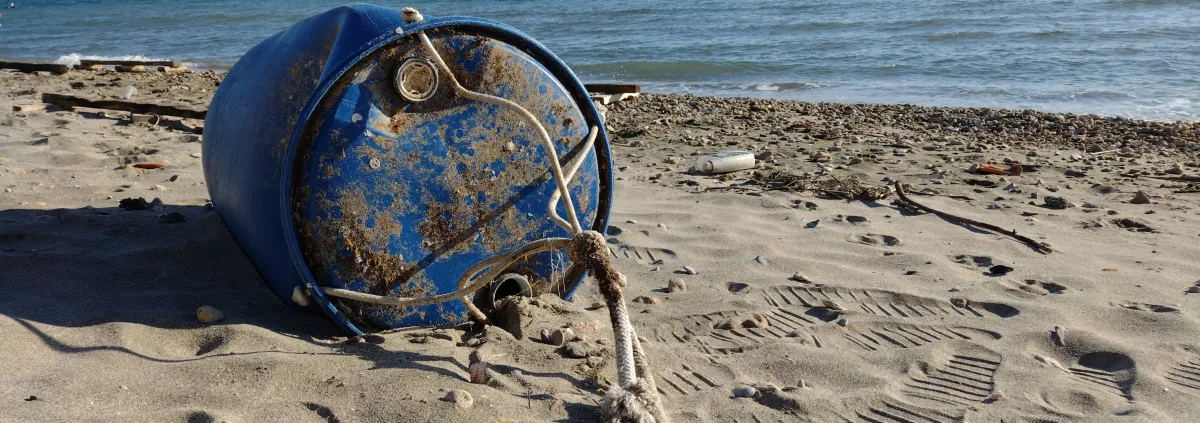
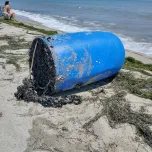
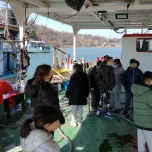
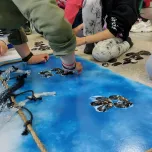
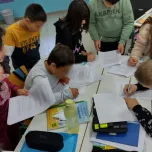
What a nice idea and project! Love it!!!!
Teachers and parents must enhance our children and teenagers' ability to learn about their surroundings problems. And to broaden their ecological knowledge in subjects such as energy, landscapes, air, water, natural resources...
Today's children will be tomorrow's governors and community leaders and they are going to have to face huge challenges and make crucial decisions.
A very innovative project! Well done for the activities implemented, as overfishing is a universal issue and when students have an impact on society and sustainability, we can hope for a better future!
Please log in or sign up to comment.